“I hate Chosen One stories! The Chosen One prophecy is so overdone! If I have to sit through one more Chosen One story—”
—Most of the internet, it seems.
Prophecies have long been a staple of fantasy and, perhaps to a lesser extent, science fiction stories. They’re a powerful narrative device that can shape the course of a story and the lives of its characters, and I promise, there’s more to it than the dreaded Chosen One prophecy. When crafted with skill and care, prophecies can add layers of complexity, create a sense of epic scale, and keep readers engaged with the promise of revelations to come. Let's look at the ways prophecies can enrich fantasy tales.
Foreshadowing and World-Building
At its core, a prophecy is a form of foreshadowing, hinting at the significant events that will unfold as the story progresses. A well-constructed prophecy can build anticipation in readers’ minds, making them eager to see how the predictions will come to pass. This sense of inevitability can lend a feeling of weight and significance to the narrative, as readers understand that the characters are caught up in something greater than themselves.
Beyond foreshadowing, prophecies can serve as a powerful tool for world-building, offering a glimpse into the setting’s metaphysical underpinnings. The existence of prophecies implies a world where fate, destiny, and maybe even divine intervention are tangible forces shaping the lives of characters and the world’s history. Writers can create a sense of depth and history in their universes by exploring the origins, interpretations, and cultural significance of prophecies.
George R.R. Martin created the prophecy of the “prince that was promised” in A Song of Ice and Fire. This prophecy not only hints at the potential savior who will defend the world against the encroaching darkness but also serves to flesh out the mythology and religious beliefs of the various cultures within the story. The prophecy is woven into the fabric of the world; it influences characters’ actions and shapes the political landscape. It’s more than just a prediction because it’s a fundamental aspect of the setting itself.
Character Development and Agency
Prophecies can also profoundly impact character development, forcing characters to confront questions of free will, destiny, and personal agency. A character who is the subject of a prophecy might struggle with the weight of expectation placed upon them, questioning whether they can shape their own future or if they’re merely puppets of fate (or of some higher power). This internal conflict can be a great source of psychological exploration, adding depth and nuance to a character’s journey.
A character aware that they’re part of a prophecy could feel like they have no say in their own life, and writers need to handle prophecies with care when it comes to character agency. If a prophecy feels too rigid or prescriptive, it can rob a character of their ability to make meaningful choices and grow as an individual. The most compelling prophecies leave room for interpretation, subversion, and the possibility of defiance. They should serve as a catalyst for character development rather than a constraint.
One example of a prophecy that strikes this balance can be found in the Harry Potter series. And let’s get this out of the way: I will not, on this website, avoid talking about a generational work like Harry Potter just because its author is becoming known more for her bad politics than her writing.
The prophecy that sets the stage for Harry’s confrontation with Lord Voldemort is open-ended enough to allow for multiple interpretations. It speaks of a child with the power to defeat the Dark Lord but does not specify which child or how it will come to pass. How different might that story be if it actually had been about Neville Longbottom? He fulfilled all the requirements, after all. But, the ambiguity allows Harry to develop throughout the series, grappling with the burden of the prophecy and ultimately choosing to confront Voldemort on his own terms.
Subverting Expectations
While prophecies can create a sense of inevitability and shape reader expectations, they can also be used to subvert those very expectations. A skilled writer can use prophecies to misdirect readers, planting false leads and setting up surprising twists that force readers to re-evaluate their assumptions.
Maybe a prophecy is fulfilled in an unexpected way. The predicted events might come to pass, but in a manner that defies readers’ (and characters’) anticipations. Or, a prophecy may be revealed to be incomplete, misinterpreted, or even deliberately misleading. These subversions can be incredibly satisfying for the audience as they challenge readers’ assumptions and keep them engaged with the story.
In the original Star Wars trilogy, the prophecy of the one who would bring balance to the Force was a central theme. Luke Skywalker seemingly fulfilled this role by redeeming Darth Vader and helping to destroy the Emperor. Later, George Lucas subverted his own prophecy in the prequel trilogy by revealing that Anakin, Luke’s father, was originally believed to be the Chosen One. Qui-Gon (and then Obi-Wan) believed that Anakin had the potential to bring balance to the Force. Ironically, Anakin’s fall to the dark side and transformation into Darth Vader led to the near-extermination of the Jedi Order, throwing the Force further out of balance. It’s almost as if the prophecy was subverted once by naming Anakin as the Chosen One and then again by having Anakin actually make things worse.
(But let’s not start on what “bring balance to the Force” means. People have been debating that for a couple of decades at this point.)
Moving Beyond the Chosen One
What do Anakin Skywalker, Harry Potter, Neo, Aang, and Buffy Summers all have in common? Don’t play dumb. You know.
As popular as it is, there’s far more to prophecy than The Chosen One. Don’t let the modern aversion to Chosen One stories steer you away from prophecies in general. Set your imagination loose. What do these phrases mean to you? How can you use them in your own work?
The Prophecy…
…of Doom!
…of Hope!
…of Betrayal!
…of Sacrifice!
…of Destiny!
…of Warning!
…of Renewal!
…of Unity!
Yeah, The Prophecy of Destiny sounds silly, but what are we if not entertainers? Pick a noun. Make a prophecy out of it. Go forth and create.

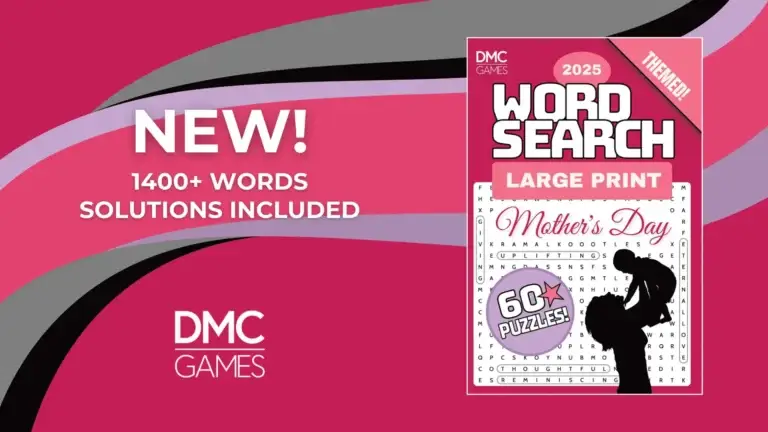
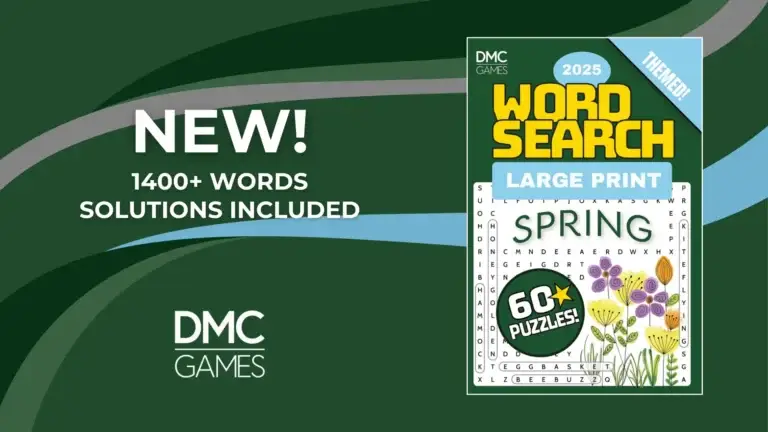
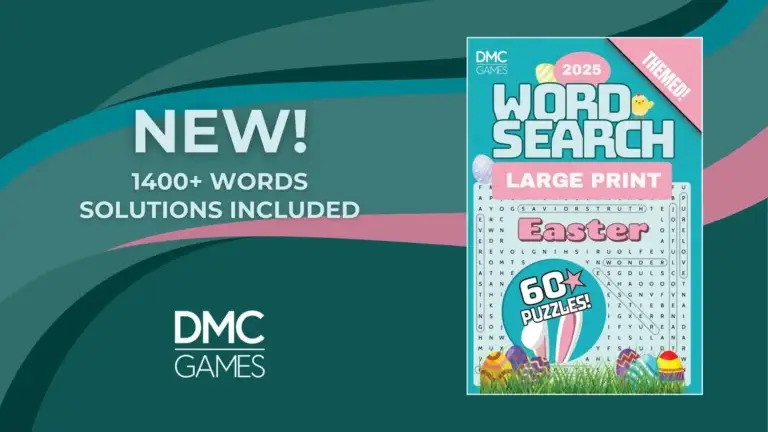
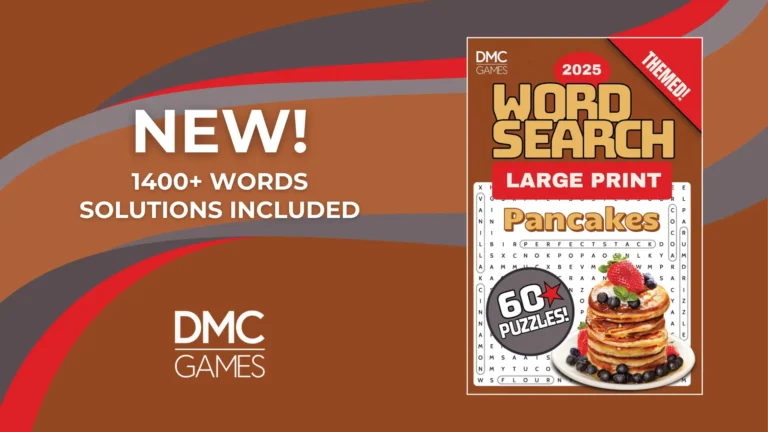
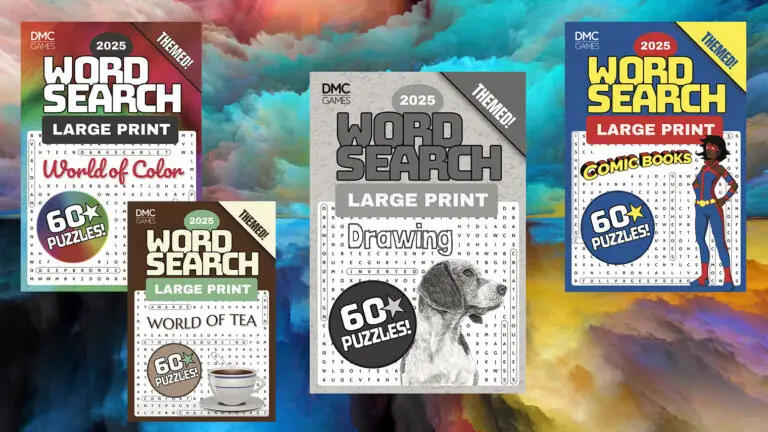
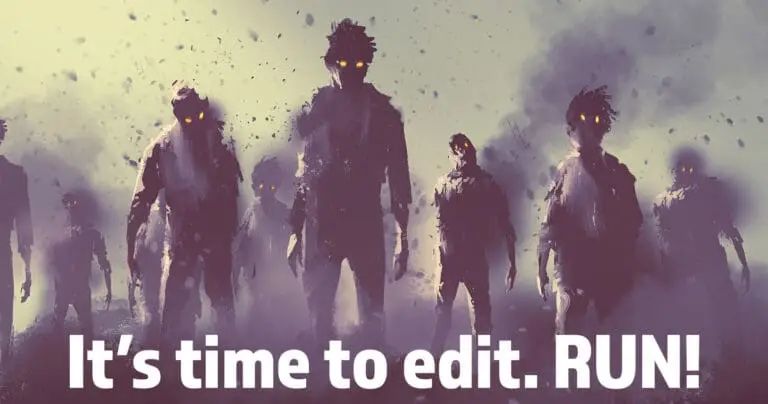
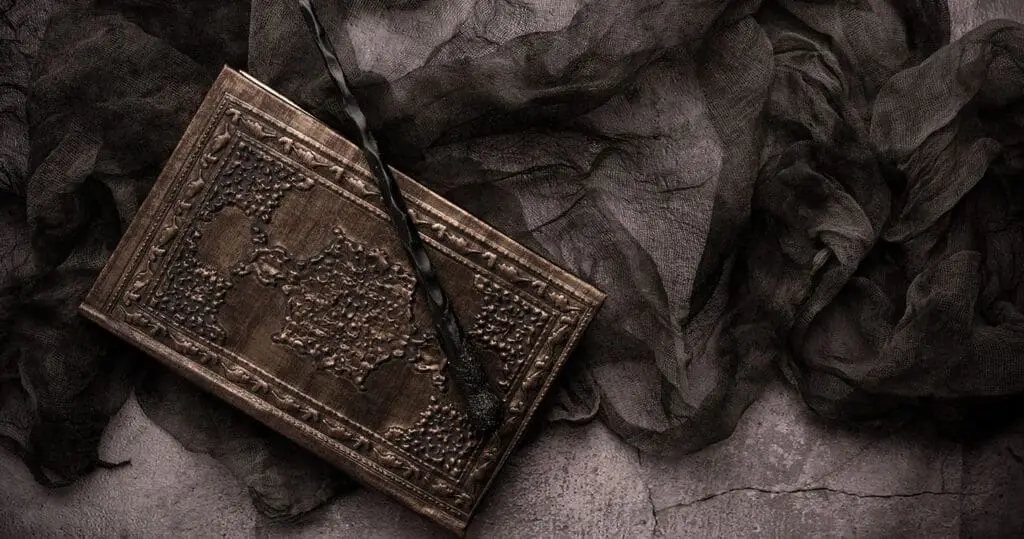


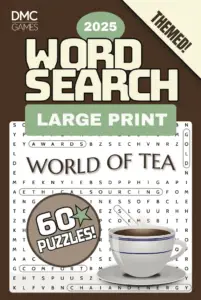
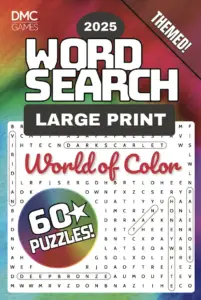

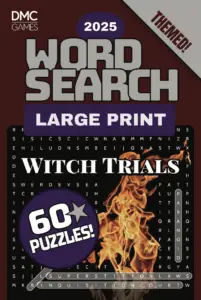

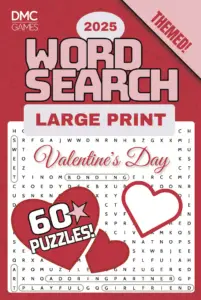


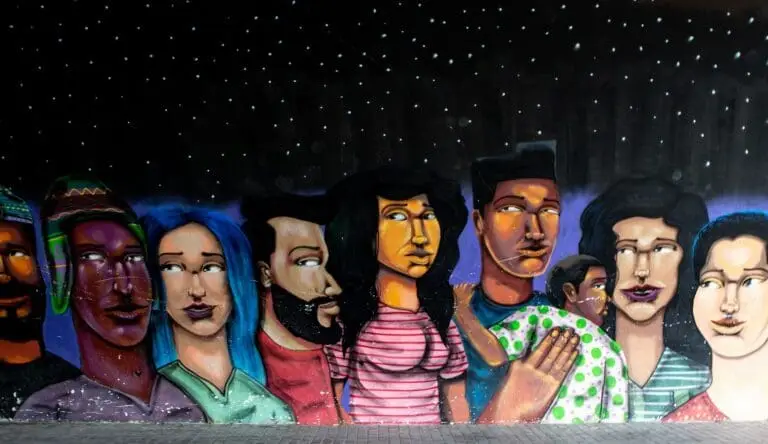



One Response